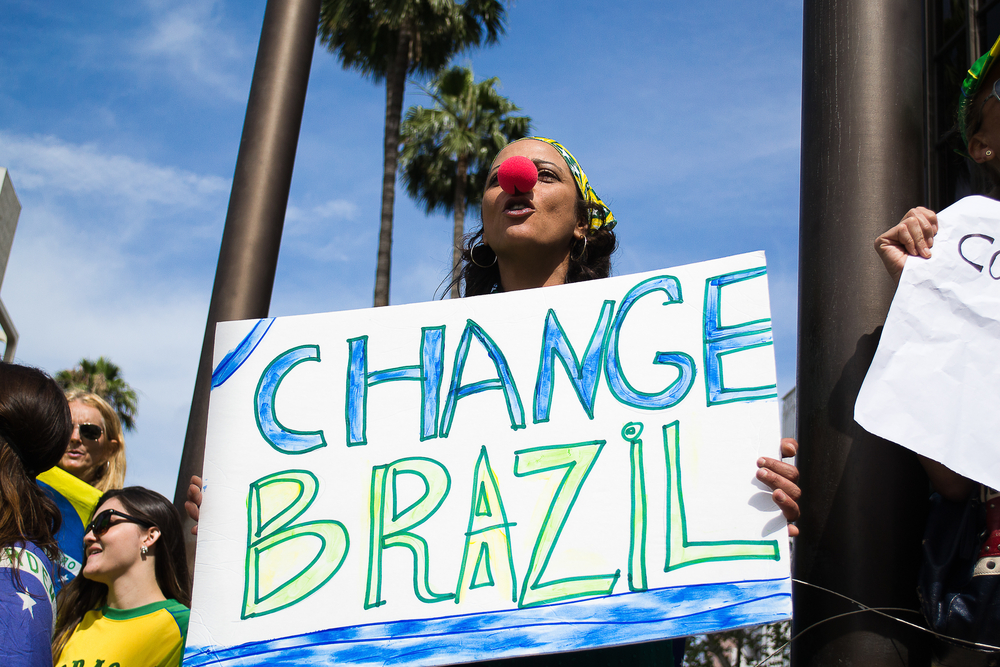When Brazil created its Misconduct in Office Law in 1992, the country was feeling the winds of change. For the first time in three decades, the population at large was able to take to the street and protest against the government without fear of violent retribution from the military regime that ruled the country from 1964 to 1985.
The “Painted Faces” movement demanded the impeachment of then-President Fernando Collor de Mello — who was mired in corruption scandals — and paved the way for a set of rules to curb misdeeds and the improper use of public money. The feeling in the air was that of agora, vai — now, Brazil was going to tread the right path. And this optimism and growing civic pride was reflected in the contents of the Misconduct in Office Law.
Almost 30 years on, the Jair Bolsonaro government has recently ratified the biggest host of changes made to the law since its inception. Those in favor of the alterations say the move was necessary to adapt the legislation to today’s challenges, but critics warn it will weaken the fight against illegal acts committed by public officials. At the end of the day, both sides are right.
The idea of misconduct in office as a crime is very restrictive in Brazil, explains Fundação Getúlio Vargas law professor Gustavo Schmidt. “It’s a very Brazilian invention. In other countries, harm to the public administration is punished criminally or by anti-corruption laws. Here, it’s...


 Search
Search






































